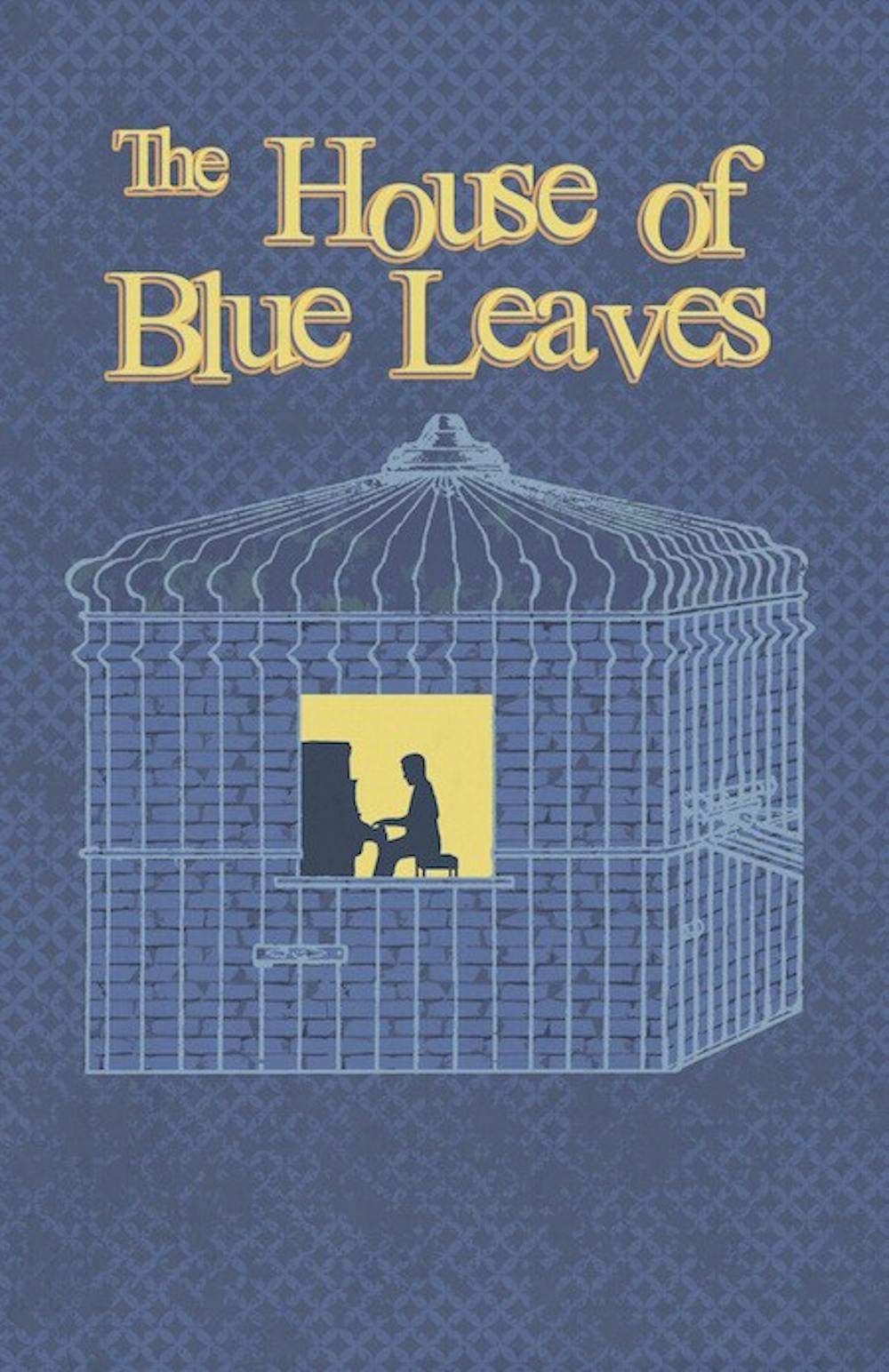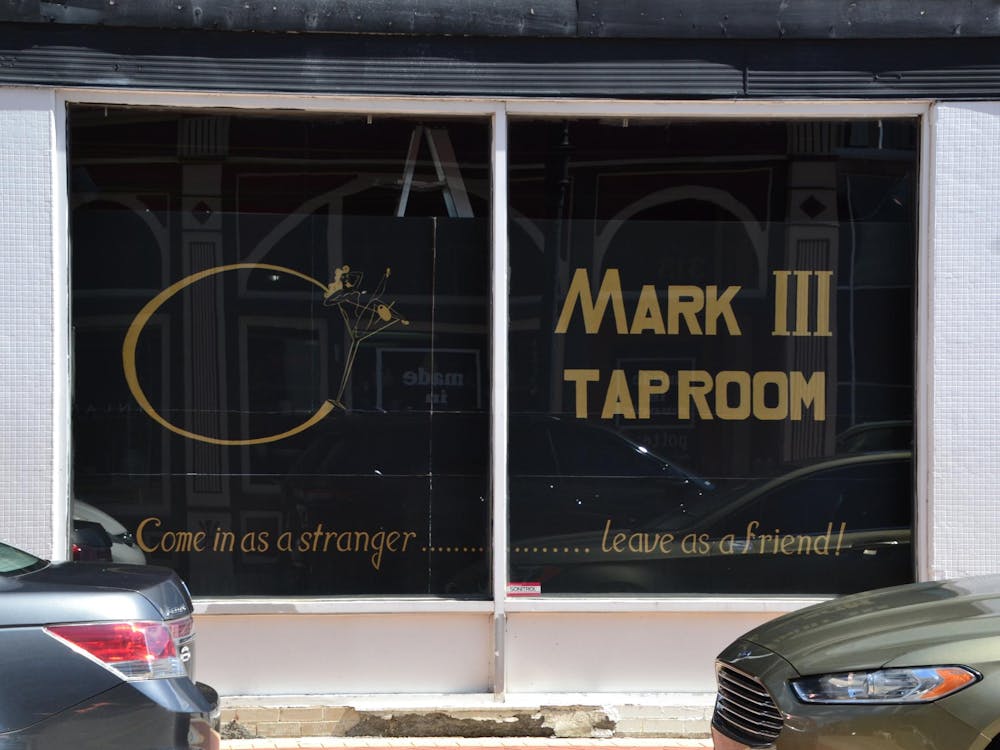What: The House of Blue Leaves
When: Sept. 11-12 and 15-19 at 7:30pm; and September 13 at 2:30pm
Where: Strother Theatre
Cost: General Public - $12 and Students - $10
In the first show of the season, Ball State student actors explore the darker side of life in the Department of Theatre and Dance's “The House of Blue Leaves.”
The play “focuses on society’s obsession with celebrities and our individual push to be rich and famous,” Michael Daehn, the show’s director, said.
Artie Shaughnessey is an aspiring songwriter living in Sunnyside, Queens in 1965 who dreams of fame and fortune while working a mundane job at a zoo. His wife, Bananas (played by junior acting major Olivia Schaperjohn) suffers from schizophrenia, a disease that has placed a serious toll on their relationship.
“Since she’s schizophrenic, they’ve drifted apart, and now Bananas is trying to save their marriage ... she wants the love of her husband back,” Schaperjohn said.
This is challenging because Artie’s love lies with his mistress, Bunny Flingus, who “wants nothing more than for Artie to send Bananas to Bellevue,” said senior musical theatre major Lauren Fivek, who plays Bunny in this production.
One challenge that Schaperjohn faced while working on the production was balancing how to play her character, and not just her character’s disease.
Schaperjohn could relate to her character because she’s seen what mental illness does to people and those who love them—her sister has bipolar disorder.
“I can connect to the way that Bananas wants love ... What connects to me the most is wanting the love of someone,” she said. “Having that background [with my sister] has helped me too because I understand how it affects other people.”
In order to prepare for the role, Schaperjohn read the script several times, consulted the show’s dramaturge and did research on how people with schizophrenia were viewed during the 1960s. She studied shock treatment and images of “insane asylums.”
A black comedy, “The House of Blue Leaves” “combines moments of tragedy with comedy and hilarious elements of farce to tell a story that is both touching and rip-roaringly funny—just like real life,” Daehn said.
Black comedies—also known as dark comedies—are shows that are characterized by their morbid sense of humor and a tendency to take tragic and taboo topics and make light of them. This means that different audience members are likely to respond to certain jokes in different ways.
“It doesn’t come across as funny unless you get it ... This is really offensive shit we don’t laugh at in everyday life, but in this context, it’s hilarious,” said Schaperjohn.
Even though some moments of the humor might be difficult for audience members to get, Fivek emphasized that this show has something for everyone.
“There are tender moments, there are loving moments, there are disturbing moments, and there are moments that will have you rolling with laughter,” she said.
Because the show is more humorous than dramatic, the actors face the challenge of navigating the politics of humor. As a comedic actress, Fivek said that her biggest obstacle has been making sure not to overplay moments of comedy.
“The text itself is so, so funny, so when it is approached from a truthful and honest place, the audience can both laugh and empathize with these characters,” she said. “There is so much technique involved in pulling off comedy successfully.”
One thing that sets “The House of Blue Leaves” apart from other comedies is that it utilizes direct audience address and encourages audience participation, she said.
“This also allows for a much more intimate level of storytelling,” said Fivek. “The audience isn’t just watching the play; they are in it with us.”
|
What: The House of Blue Leaves When: Sept. 11-12 and 15-19 at 7:30pm; and September 13 at 2:30pm Where: Strother Theatre Cost: General Public - $12 and Students - $10 |





